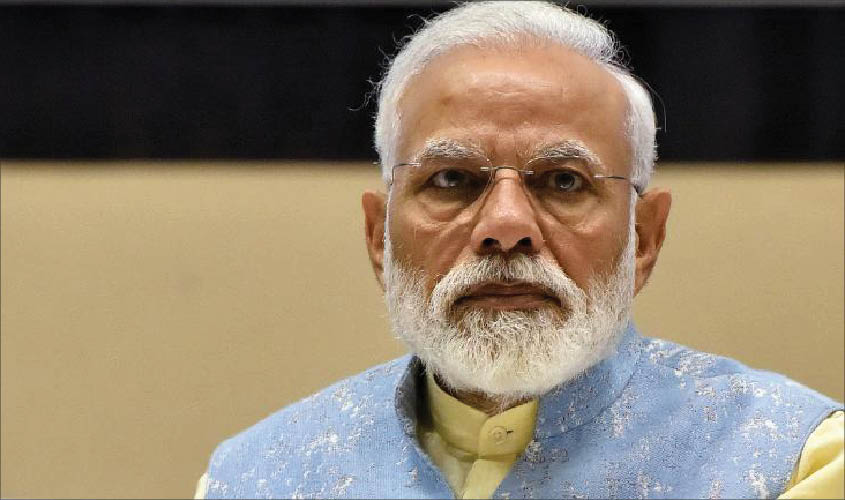New Delhi: Prime Minister Narendra Modi’s move to raise the issue of 1984 riots and attack late former Prime Minister Rajiv Gandhi is part of his larger poll strategy to galvanise Sikh voters in the last phases of the Lok Sabha polls, say political experts. This move may give a boost to the BJP in Sikh dominated seats, they say.
Elections for the Lok Sabha seats of Haryana and Delhi are already over, while the rest of the Sikh-dominated constituencies of Punjab, Bihar and Himachal Pradesh will go to polls on 19 May in the last phase of the Lok Sabha elections.
Sikh voters are dominant in Delhi, Haryana, Punjab, Himachal Pradesh and Patna Sahib—one of the Lok Sabha constituencies of Bihar where Guru Gobind Singh, the last Sikh guru, was born.
All of Delhi’s seven seats have a sizable presence of Sikh voters. Punjab is indeed a “Sikhland”, while in Haryana and Himachal Pradesh, too, Sikh voters are in influential numbers.
Speaking at an election rally at Pratapgarh in Uttar Pradesh on 4 May, Prime Minister Narendra Modi had raised charges against Congress president Rahul Gandhi’s father Rajiv Gandhi and alleged that he died as “Bhrashtachari No. 1” (corrupt number 1).
A source close to BJP told The Sunday Guardian: “Taking up the controversies surrounding Rajiv Gandhi is not a sudden move of the BJP; on the contrary, the step is a well thought of strategy to take on the Congress in constituencies where Sikh voters play a decisive role.”
Not only corruption charges or Sikh riots, Modi also raised the Bhopal gas leak tragedy, the Shah Bano case and the misuse of a naval warship by Rajiv Gandhi, to win diverse segments of voters of the country.
Assistant professor of Jawaharlal Nehru University (JNU) Pravesh Kumar told The Sunday Guardian: “Narendra Modi is famous for setting the right narrative at the right time. The attack on Rajiv Gandhi and invoking of the 1984 riots will certainly dent the Congress and help the BJP on almost 30-35 seats of Haryana, Punjab, Himachal Pradesh and Delhi where Sikh voters influence poll results.”
“The BJP is trying to force the Congress into a debate as it would offer the party an opportunity to revive the issue of 1984 Sikh riots which spanned across most of the northern regions going to polls in the last phases of the general elections. The victims of the anti-Sikh riots in these states and the Bhopal gas tragedy, still feel that they have not been financially and emotionally compensated. These are emotive issues and people in these regions still haven’t forgotten the incidents, and this may work in favour of the BJP,” Kumar added.
This seventh phase of the Lok Sabha polls will cover 13 seats in Uttar Pradesh; all 13 in Punjab; nine in West Bengal; eight each in Bihar and Madhya Pradesh; all four constituencies in Himachal Pradesh; three in Jharkhand and the lone seat of Chandigarh. Counting of votes for all the seven phases will be taken up on 23 May.
Ranjan Kumar, a research scholar from Patna University, told The Sunday Guardian: “Besides Punjab, Chandigarh and Himachal, on the Patna Sahib Lok Sabha seat, Sikh voters have a sizable presence and there should not be any doubt that these voters have been supporting the BJP. One of the reasons behind the Sikh voters supporting BJP on this seat is the 1984 riots. Sikhs residing in the constituency had also faced the brunt of the 1984 riots and many of them have not forgotten the genocide.”
On the Patna Sahib Lok Sabha seat, BJP’s Ravi Shankar Prasad is locked with Congress leader Shatrughan Sinha.

